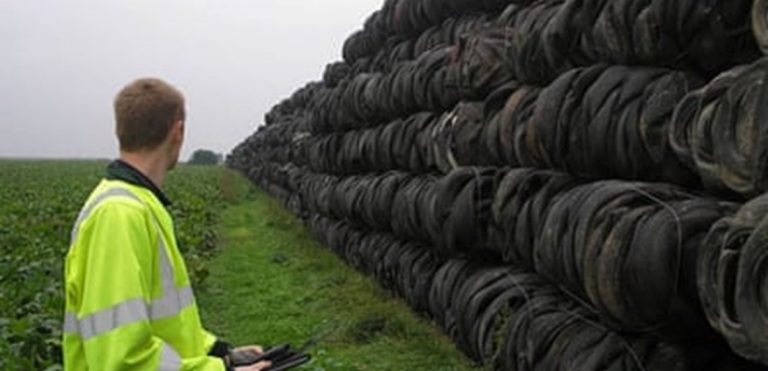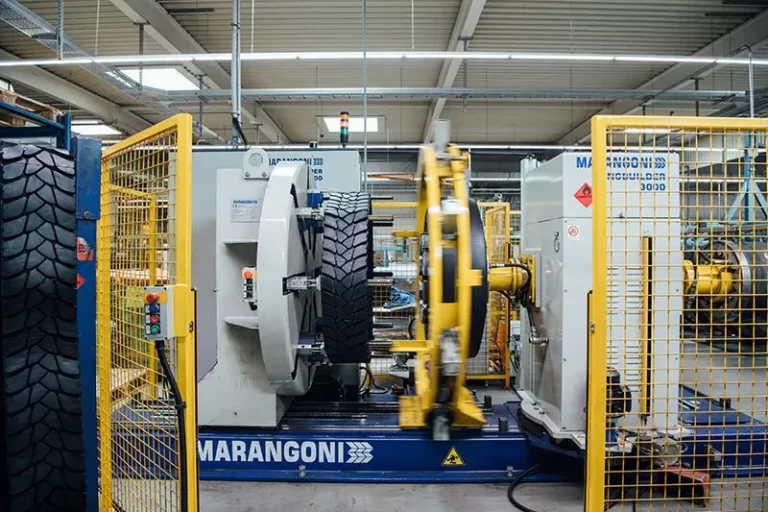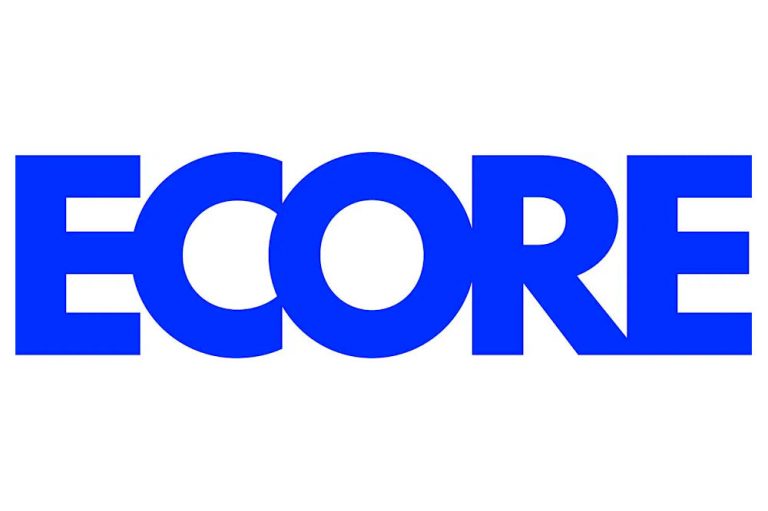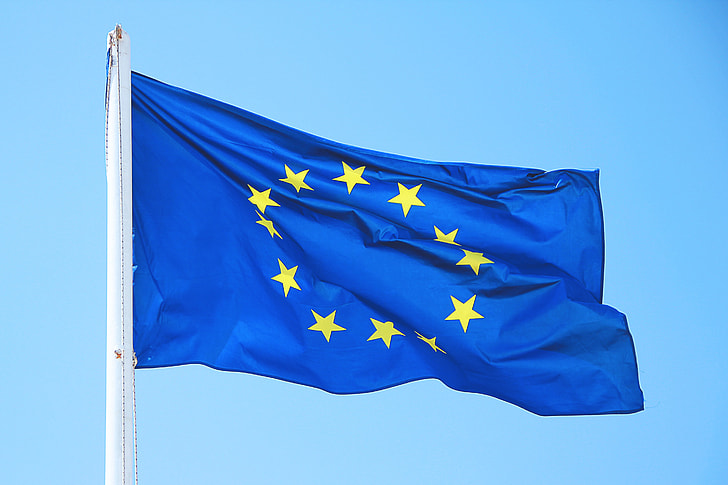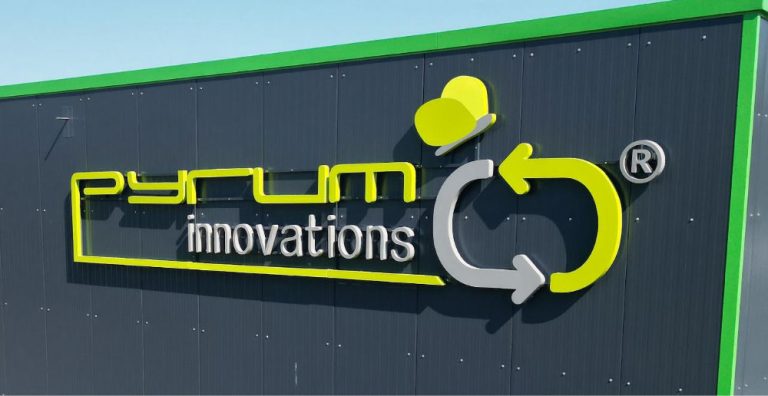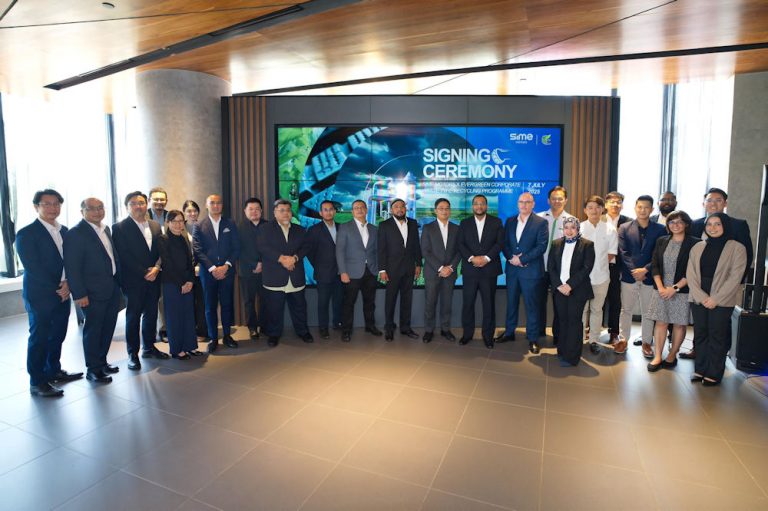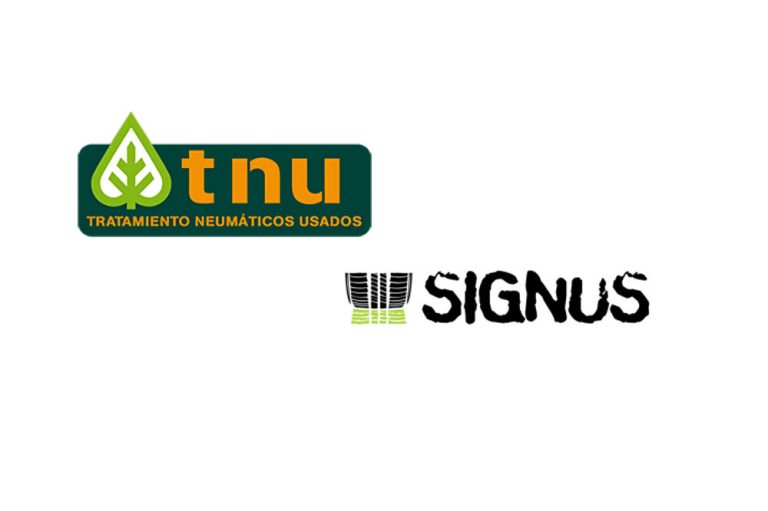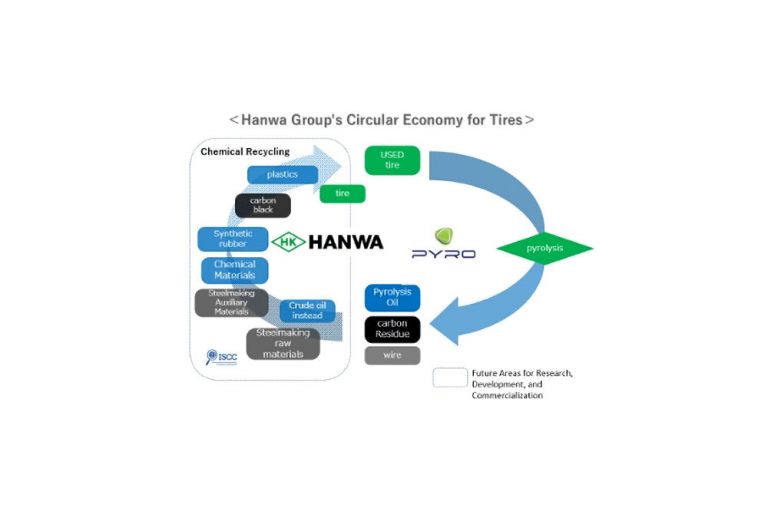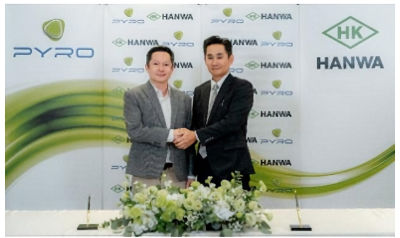The Environment Agency (EA) has announced the changes planned for the ending of the T8 Exemption, along with a raft of other Exemption removals and changes
The statement from the EA reads: “Given the fire risk from the storage of tyres, and evidence that exemption limits are being exceeded by significant amounts, we have decided to remove the T8 exemption.
“Operators currently using this exemption will need to operate under permits or cease related activities.
“We do not foresee the costs of removing the use of this exemption outweighing the benefits to environmental protection and public safety and expect to see increased compliance for those that move into the permitting regime. We also expect to see a reduction in the types of criminal activity associated with the misuse of the T8 exemption. We anticipate this will benefit legitimate operators who are currently undercut by rogue operators.
“Removal of the T8 exemption will not affect those that produce and only store waste tyres as part of their business (including tyre fitters, garages, roadside recovery operators). Storing tyres prior to collection at their own premises is covered by Non-Waste Framework Directive (NWFD) exemptions.
“Due to the negative impacts of illegal activity on legitimate businesses and associated risk to the environment and human health, there will be a short transition period of 3 months from the date the amendments come into force.”
This follows hard on the heels of the introduction of registration fees and Compliance fees for exempt operations.
At this point there is no date set for implementation, but once implemented, T8 operations will have a three month transition period to either stop operations or gain a permit.
This is what many in the bona fide tyre sector have campaigned for many years and it comes eight years after Howard Leberman announced the intent to remove the T8 in 2017. It can be safely presumed that discussions on this had been ongoing for some time prior to the 2017 announcement. This has been a long time coming and it will, if nothing else, bring some sort of level playing field to the tyre recycling sector.
Peter Taylor at the Tyre Recovery Association is pleased to see this coming, but asks, “When?”
In response to that question, the DeFRA Press Office responded, “There is not set date. It will be in due course.”
One Permitted recycler who wished to remain anonymous said it was a good thing, but had concerns that the illegal operators would just carry on regardless. The answer in that case is to advise the EA of the activity and the simple fact that they operate without a permit should make it a slam dunk case.
Elliot Mason of World Rubber, who appeared in the BBC File on Four Investigates report on waste tyres, said; “ said; “It’s definitely a step in the right direction! It brings more regulation to the industry, more tracking and accountability.
“However, it’s not going to stop the export of bales. They’ll reduce, which is also good, but bales are difficult to track to their final destination.
“I hope the next step is either The EA banning whole tyre export, or enforcing a full door to door waste tracking system that isn’t easily corrupted – which, is almost impossible to implement internationally.”
That thought touches on the next step, which will be the introduction of Digital Waste Tracking, which would stop the cowboys from collecting in the first place – in theory.


















